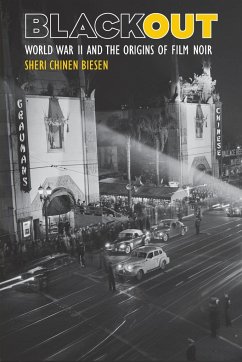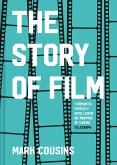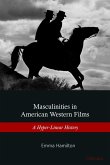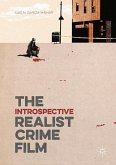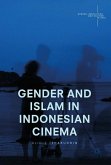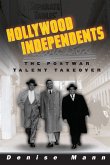Challenging conventional scholarship placing the origins of film noir in postwar Hollywood, Sheri Chinen Biesen finds the genre's roots firmly planted in the political, social, and material conditions of Hollywood during the war. After Pearl Harbor, America and Hollywood experienced a sharp cultural transformation that made horror, shock, and violence not only palatable but preferable. Hard times necessitated cheaper sets, fewer lights, and fresh talent; censors as well as the movie-going public showed a new tolerance for sex and violence; and female producers experienced newfound prominence in the industry. Biesen brings prodigious archival research, accessible prose, and imaginative insights to both well-known films noir of the wartime period--The Maltese Falcon, The Big Sleep, and Double Indemnity--and others often overlooked or underrated--Scarlet Street, Ministry of Fear, Phantom Lady, and Stranger on the Third Floor.
Hinweis: Dieser Artikel kann nur an eine deutsche Lieferadresse ausgeliefert werden.
Hinweis: Dieser Artikel kann nur an eine deutsche Lieferadresse ausgeliefert werden.

